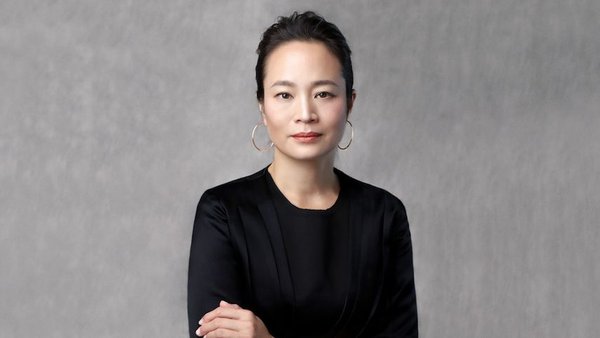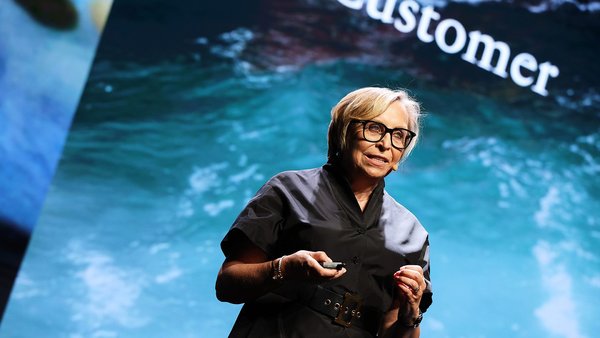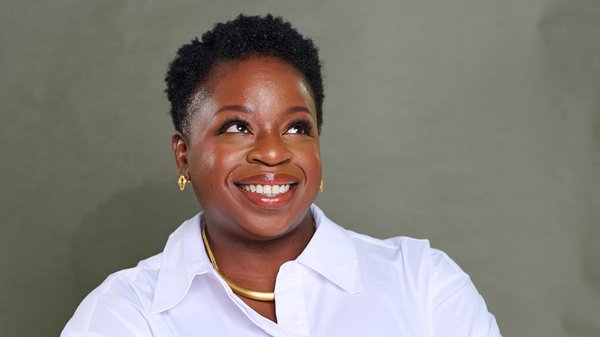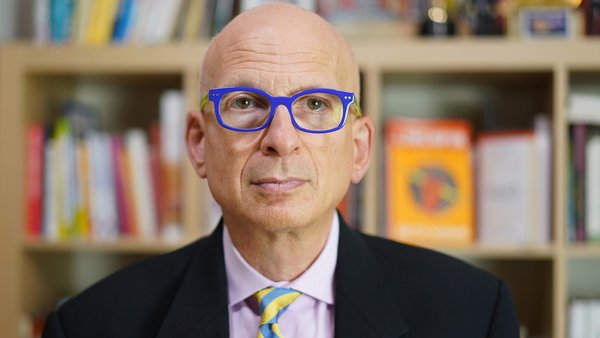For Your Consideration: An Interview With A Cannes Lion Jury President /
Contagious finds out what goes on inside the head of a Cannes Lions jury president
The deadline for submitting work to Cannes Lions is slowly creeping up on us like John Travolta at a red-carpet event.
As agencies and brands mull what work they should put forward this year, or what they should do about the case study video, Contagious spoke with TBWA’s chief creative officer, Chris Garbutt, to find out what goes on inside the head of a Cannes Lions jury president.
Garbutt, who is overseeing the Outdoor Lions category this year, has won three Grands Prix over the course of his career. So, he knows Cannes from both sides of the table. Here’s what he had to say about Coldplay, case study fatigue and the Nobel Prize.

What do you look for when you’re judging a creative campaign?
What we really look for is work that disrupts the category, reinvents the medium completely and gives it another use. That’s what’s inspiring. When you think everything’s been done, and then you see a piece of work that comes at you like a UFO and challenges everything you thought.
We talk about it at TBWA as The Magic of Three. When you see an iconic piece of work there are normally three questions you ask yourself: how the heck did they think of that, because it’s such a left-field conceptual idea; how did they make that, because the execution is flawless; and then the third big question that not a lot of people really think about is how did they manage to sell that to a client? A lot of the best work is difficult to buy because there’s no point of reference. It’s pioneering and leading the way.
What advice would you give to agencies and brands thinking about what campaigns to put forward for Cannes?
I think awards are there to inspire the industry, raise the bar and show the way forward, to be a magnetic attraction for new talent and new business to show new ways and trends in marketing. So first of all I would say separate the good from the great. I wouldn’t be entering anything that’s just good. There’s a lot of agencies that make that mistake. When you’re judging for five days in a row and there’s a longlist and a shortlist, there’s a lot of executions you put to one side. So I’d say choose the iconic pieces, choose the work that reinvents the category and provokes a new way of thinking. And ask yourself those three questions [see above].
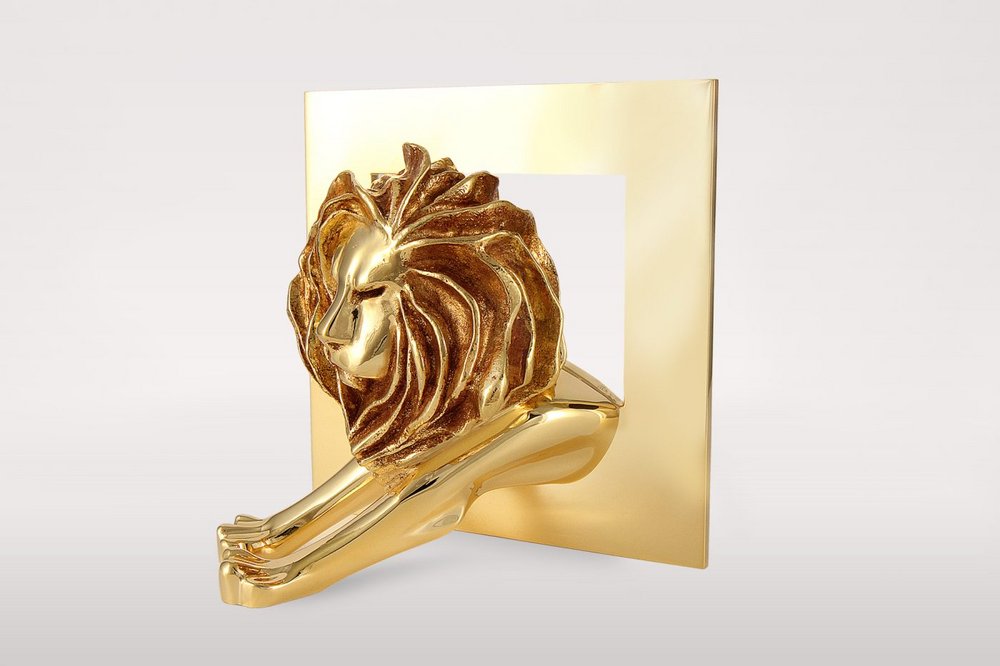
How do you cope with the fatigue that comes with watching hundreds of case study videos over the space of a few days?
Ha. People think Judging at Cannes seems so glamourous from the outside, but then you do just get locked in a room. First of all it’s about staying in love with what we do. I don’t do this as a job, I do this as a passion. Any great creative gets excited about great ideas and great work. It’s not hard to do. But judging can be quite tiring, so it’s about sleeping, getting up and going for a jog in the morning, eating healthy and just staying engaged with the work. Try not to be jaded, eliminate all the politics and best interests, and stay neutral and open. It’s a really privileged moment in time to be with people that are passionate about great ideas.
What tips would you give to agencies and brands putting together case studies for their campaigns?
We were joking about this earlier and saying don’t use Coldplay songs! But really, avoid all the clichés. People still make the mistake of thinking that a case study is a way to package something for awards. It’s not. It’s a piece of content and it’s very often got more value than the activation idea itself: it gets watched and engaged with by audiences all over the world.
It should be really entertaining, it should package the idea in a way that shows its impact on the world. I love stories that you watch that just immerse you and pull you in. Tell the story back from the point of view of culture. If you could do a case study without ever using a voiceover from an agency or being too rational… Almost like a documentary and do it as beautifully as you can.
What’s the value of winning awards for agencies, do you think? Is its value increasing, decreasing, or pretty much the same?
Everything is contextual to the world we live in. The work we put out into the world is only as good as the context it shows up in. Awards – for me, and this industry – are really important. The reason why I think that is there’s so much programmatic buying and AI, and that’s going to force a mass production of creativity in a way that probably averages out creativity, and creates more of a sea of sameness. I think that’s going to drive the value of creativity more than ever, and I think the world needs creativity now more than ever.
There are so many problems and tensions to solve. That’s our difference and the value we bring to clients – creative ideas that cut through culture. Our competition isn’t other agencies out there its culture: all the noise and content and stories and culture moves so fast. Human attention is so short these days and grabbing that attention is getting harder. And the benchmark for that, the indicators of that, are the awards shows, Cannes Lions. Not only is it inspiring for the industry and marketers to see what’s possible but it’s also a great tool to inspire young creative minds to join our industry at a time when so many people are surrounded by more diverse choices of careers than when I joined the industry.
If you could win any award or accolade from outside the advertising industry for a campaign, what would it be?
It would be easy to say a Golden Globe or an Oscar. But, maybe it’s because I’m getting a bit older, I’ve started trying to figure out why we’re all here. Last year I was lucky enough to do a talk on stage with [photographer] Platon and I was really inspired by him because he considered himself a social provocateur who just happened to have a camera, and he was using everything in his means to try and create positive change in the world, to get people to think about issues and try to solve them. We’re in such a privileged position in the world because we represent brands with huge budgets and reach, and we can effect change for the better in an instant.
That’s not my whole thing but that’s a big part of what motivates me. And I know I’d never win, but to win something like Nobel Peace Prize would be cool. Even if its just a dent in the universe, a tiny thing we could do. Gone are the days of relying on the leaders of the world to change everything. The power has gone back to the people.
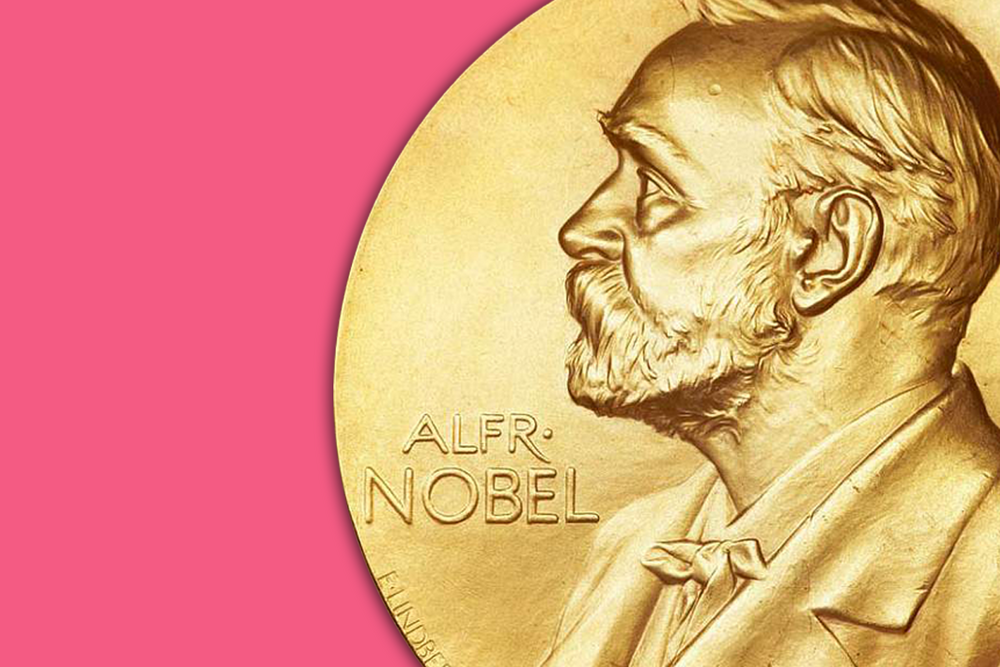
What kind of results metrics impress you in a case study, and which ones don’t?
To be honest, lots of numbers on a screen don’t really impress. The biggest truth is when you know about a piece of work before you’ve even got to the festival. When it’s already culturally famous. At TBWA we talk about involving our brands in culture. I love watching a documentary of an idea that’s happened that’s told back through the lens of culture.
Why do you think we are seeing so much innovation within the outdoor medium now? Particularly when so much of it does not depend on tech and could have been done at any time.
My theory is that people are longing for more physical, face-value experiences again. In a virtual world where there’s a lot of layers between people. There’s a trust issue as well with social media. Anything that you can experience for real, first hand, you can trust more and you can be moved more tangibly with. That’s the value of outdoor. The flipside is that with all the digital possibilities with outdoor you can shorten the distance between an audience and a transaction, you can make it quite a direct experience these days. That’s one of the biggest reasons outdoor is becoming more valuable and probably growing in popularity again.
Want more of the same? /
We don’t just write about best-in-class campaigns, interviews and trends. Our Members also receive access to briefings, online training, webinars, live events and much more.
